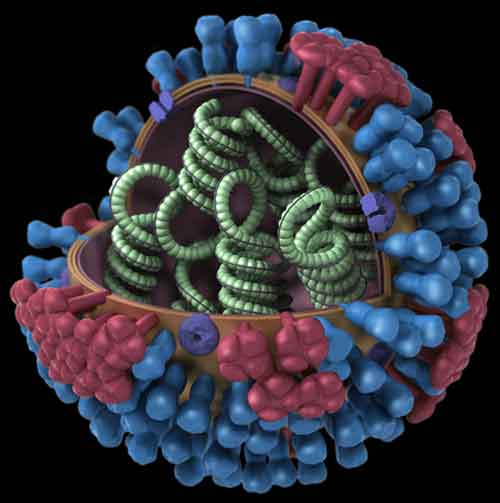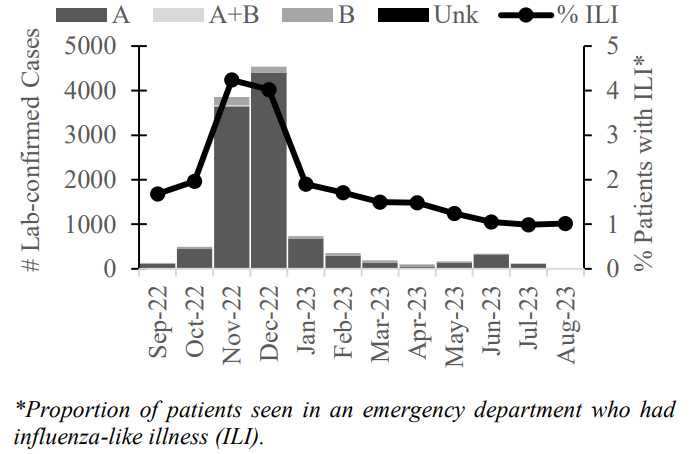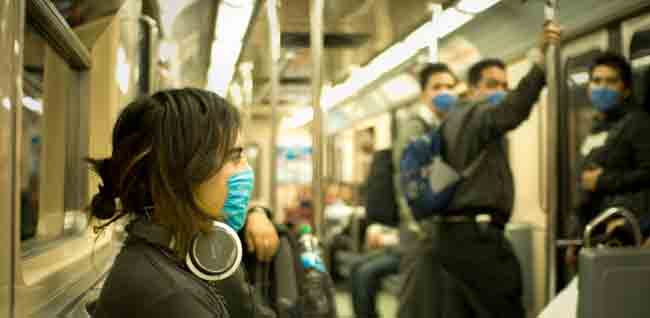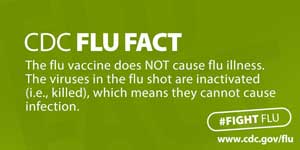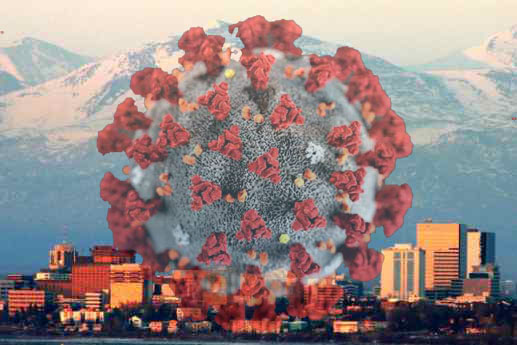The Alaska Department of Health Weekly COVID-19 and Influenza Update has been updated with data from the week of November 13 – November 19, 2022 and can be viewed here.
Key Findings:
-
COVID-19 transmission continued to occur in most parts of Alaska during the week of November 13 – November 19, 2022. There is no clear overall trend, though there are some signals that COVID-19 activity is increasing.
-
The number of patients hospitalized with COVID-19 appears to no longer be decreasing. Most parts of Alaska are at the “low” COVID Community Level as defined by CDC. Learn more about CDC’s recommended prevention steps at each community level here.
- Influenza activity in Alaska increased sharply last week. We are seeing more influenza earlier in the year than we have in past seasons.
-
Now is a good time to receive an annual influenza vaccine and a COVID-19 booster shot. Visit vaccines.gov to learn where COVID-19 and influenza vaccines are available. Updated bivalent COVID-19 booster vaccines are recommended for everyone ages 5 years and older who completed the primary series or received their most recent booster dose at least 2 months ago. The updated, or bivalent, boosters target the currently circulating Omicron subvariants, BA.4 and BA.5. Additionally, seasonal influenza transmission is now occurring in many Alaska communities. See the Updates to protect yourself and your family section below for more information.
- Novavax monovalent COVID-19 boosters are available for people ages 18 years and older if they have completed primary series vaccination but have not previously received a COVID-19 booster.
-
People with symptoms of COVID-19 should get tested immediately. Those who test positive should notify contacts who may have been exposed. People with COVID-19 should isolate for at least 5 full days after their symptoms start (or positive test result in asymptomatic people) and wear a mask after leaving isolation. See CDC guidance on isolation for details.
- People who have been exposed to COVID-19 should wear a mask for 10 full days and get tested at least 5 full days after exposure. Learn more about what to do if exposed. CDC no longer recommends quarantine of exposed persons in most settings, regardless of vaccination status.
-
Respiratory viruses circulate year-round in Alaska. Actions such as staying home when sick, washing hands, and improving ventilation can protect you, your family, and your community from COVID-19, influenza, and other infectious diseases. See an Alaska Public Health Alert Network message from September and a CDC Health Advisory from November for information on a variety of respiratory viruses.
Information and Resources:
-
Subscribe to DOH email or text updates for DOH press releases, blogs, COVID newsletters and more.
- DOH offers free presentations upon request to groups about COVID-19, vaccines, or other health topics. Learn more or request a presentation on our Speaker’s Bureau web page.
-
For the most up-to-date case information, see the Alaska COVID-19 Information Hub. All dashboard data are updated weekly by the end of the day on Tuesdays (except holidays). Please note this update used to occur on Wednesdays.
-
For DOH media inquiries, please contact clinton.bennett@alaska.gov.
[content id=”79272″]


